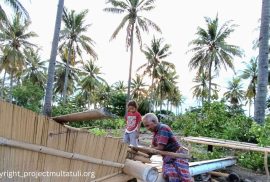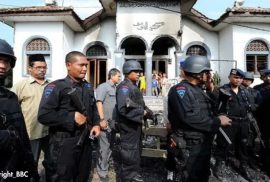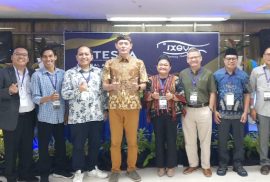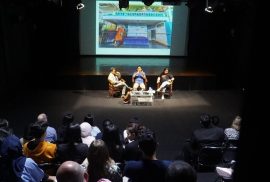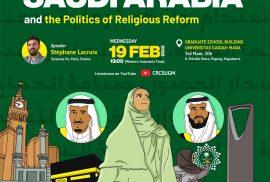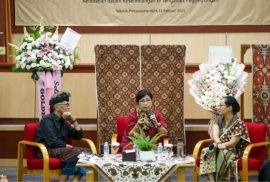Written By: Anthon Jason
The agrarian conflict in Sikka Regency, Flores, involving PT Kristus Raja Maumere (Krisrama)—a corporation owned by the Catholic Diocese of Maumere—has emerged as a pivotal case for analyzing the interplay of religion, power, and land rights in postcolonial Indonesia. This conflict, which has garnered national attention since January 2025, represents a complex intersection of colonial legacies, religious authority, indigenous rights, and economic development. While the Catholic Church has historically positioned itself as an advocate for social justice, its role as a landowner and economic actor in Flores exposes contradictions between spiritual mission and neoliberal praxis.

